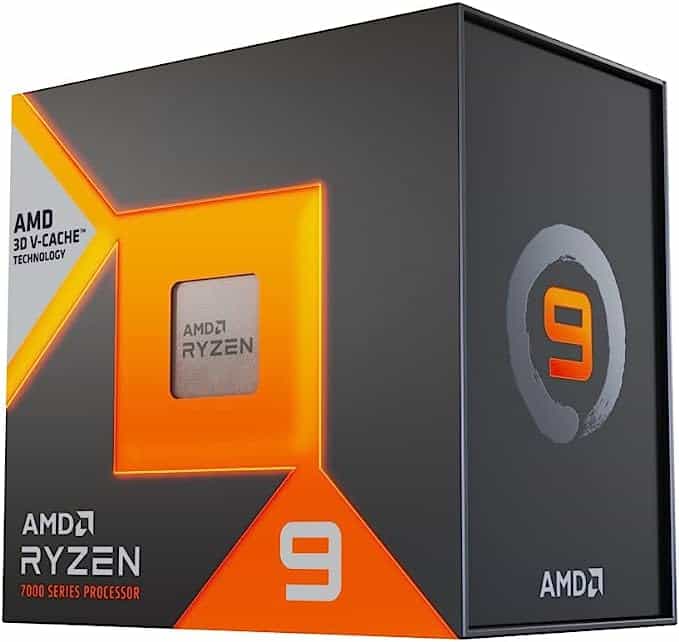
AMD Ryzen™ 9 7900X3D
A close look at the i5-14600K on release
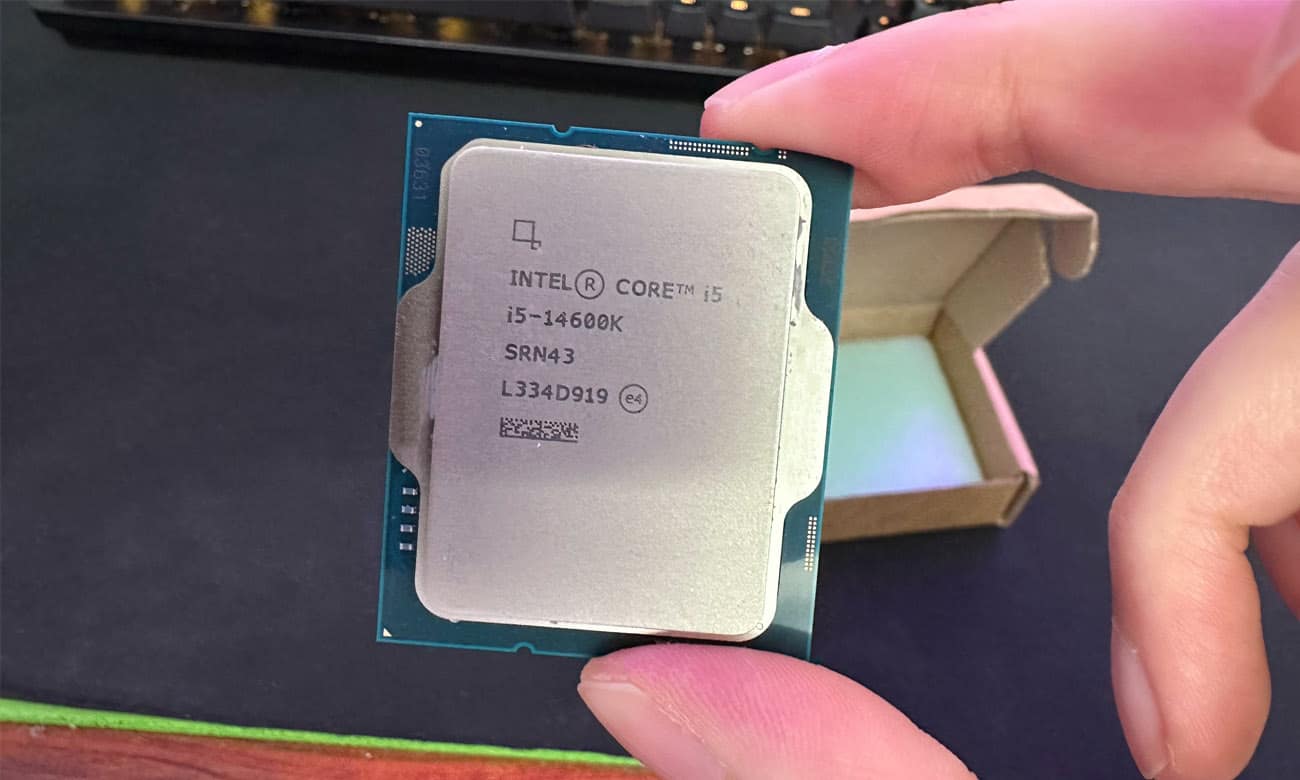
WePC is reader-supported. When you buy through links on our site, we may earn an affiliate commission. Prices subject to change. Learn more
It’s finally here, Intel has at last released its latest 14th generation of processors. It feels like forever since we’ve had a chance to get a hold of a new set of Intel CPUs. The question is, is this a new processor? The 14600K is built upon the same architecture as the previous generation and has the same number of cores and the same number of threads, with only a minimal increase in clock speed. To be blunt, is the Intel Core i5-14600K worth it?
That’s, by its nature, a complex question. When it comes to anything in life, If you want it, and you can afford it, then it’s worth it. But if you’re not after the best of the best, such as the 14900K or the latest juggernaut from AMD, is the 14600k worth the upgrade compared to last gen? Considering it seems very similar to the 13600K on paper, bar some obvious tweaks, it’s a question worth asking.

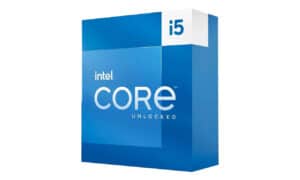
The 14600K CPU closely resembles its predecessors in the LGA 1700 CPU family from a physical perspective. Internally, it shares a striking similarity with the 13600K, boasting a 14-core, 20-thread internal configuration. However, Intel has implemented several architectural enhancements, which give the 14600K a competitive edge over its older sibling.
Notably, both CPUs are built upon the Intel 7 architecture, maintaining that Raptor Lake lineage. Nevertheless, incremental improvements in core clock speeds across the board have been achieved. Although these enhancements may appear modest at first, they significantly bolster the 14600K’s standing in the present CPU market. This development is no doubt in response to AMD’s aggressive promotion of its new X3D cache, pushing Intel to make a compelling response by improving its overall chip design.
With the incorporation of Intel’s Application Optimization and a deliberate emphasis on overclocking capabilities, extracting higher performance from the 14600K becomes remarkably effortless, and makes it even more tantalizing from a price-to-performance perspective. Surprisingly, the 14600K manages to maintain some impressive power efficiency despite its substantial thread count. The CPU is initially rated at a 125W TDP but can surge to PL1 and PL2 wattages of 181W under load.
Cores:
14 (6+8)
Threads:
20
P-Core Speed:
5.3GHz (boost) 3.5GHz (base)
E-Core Speed:
4.0GHz (boost) 2.6GHz (base)
DDR5 support:
Yes @ 5600MHz
TDP
125W base 253W PL1 & PL2
During these power surges, the CPU can achieve boost speeds of up to 5.3GHz on the P-cores and 4.0GHz on the E-cores, marking an improvement of approximately 100MHz compared to the last generation Intel Core i5-13600K. It’s not just the peak performance that has been enhanced either, as the lower-end has also seen a 500MHz increase, courtesy of a higher core multiplier of 35x by default, as opposed to the previous 30x.
With the incorporation of Intel’s Application Optimization and a deliberate emphasis on overclocking capabilities, extracting higher performance from the 14600K becomes remarkably effortless, and makes it even more tantalizing from a price-to-performance perspective.
The price of the 14600K is consistent with what we’ve seen in the past for other Core i5 series processors, which is great to see, especially considering the way the world is heading right now with inflation rampant. Displaying consistency helps to show the consumer that Intel cares about bringing affordable hardware to the masses, and that they’re not just trying to rake in the dolla dolla.
The Intel Core i5-14600K is priced at $319, which is the same price as the Core i5-13600K at launch. It’s when you look at the performance and the specifications of the 14600K, that you start to ask whether it’s worth shelling out another $300 right now. Or wait to see what the 15th generation of Intel processors bring later down the line.
Over the last week, we tested the Intel Core i5-14600K thoroughly in the same test bed as our 14900K review, along with utilizing the same games and synthetic suites.
We tested all the games on low settings in 1080p, except for CS2, which was set to the high preset.
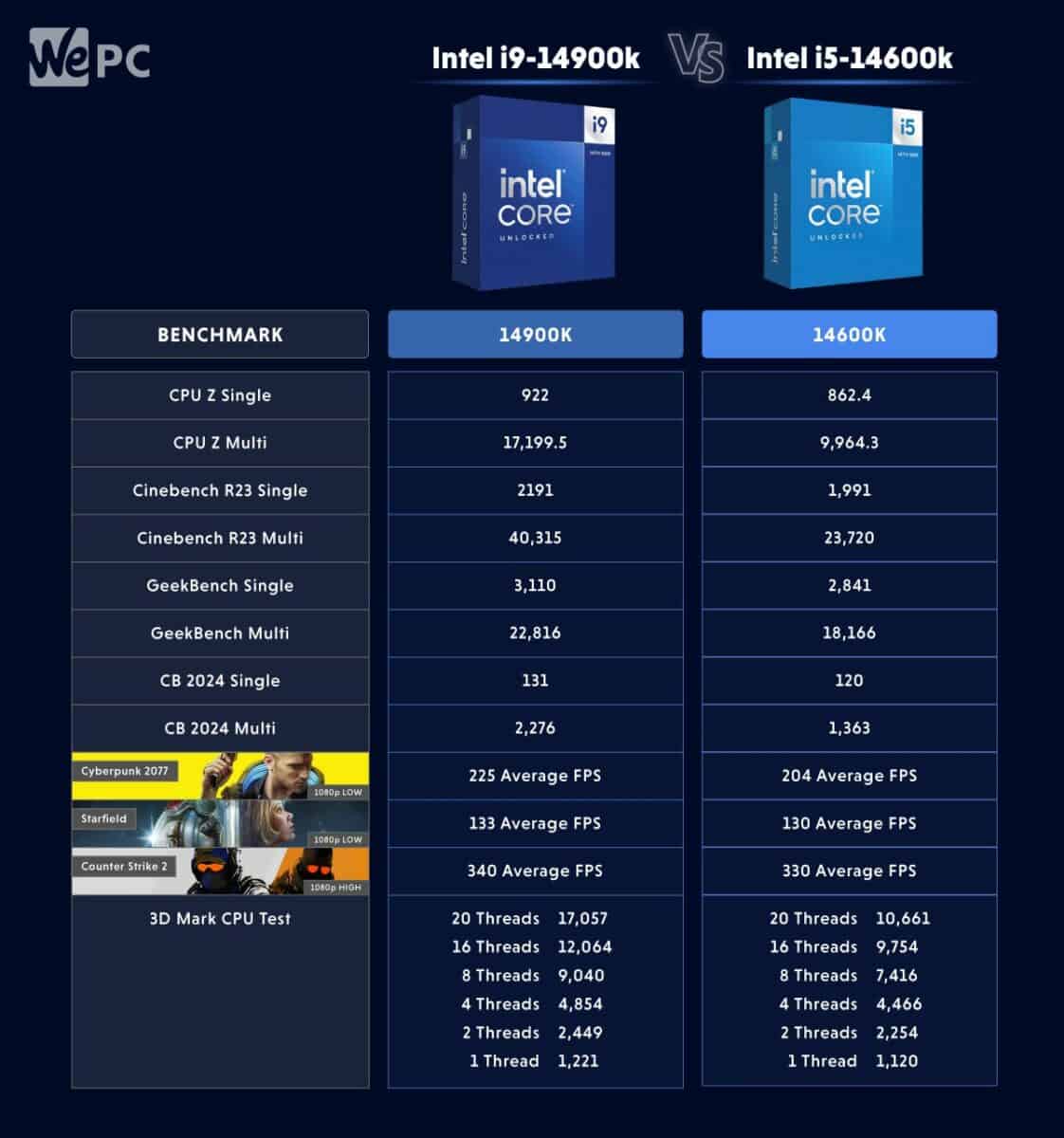
In Cinebench R23, the Core i5-14600K scored 1,991 points for the single-core test and 23,720 points for the multi-core test, the latter of which, uses all the CPU’s available cores and threads.
Trying something new this year, we tested out the Intel Core i5-14600K in Cinebench 2024 as well. Interestingly, the 14600K achieved a 120-point score for the single-core test and 1,363 points for the multi-core test. Comparatively, against scores already logged in the CB 2024 database it performed well, it’ll take some time for us to build up our own results for 2024, but rest assured we’re putting in the testing hours, and will update our charts when we’ve finished.
Moving on to Geekbench, the 14600K also performed solidly here, scoring 2,841 points in the single-core test and a significant 18,166 points in the multi-core test. Such a high score on a stock mid-range CPU is quite unusual.
CPUz produced similar high scores for the 14600K. It achieved 922 points in the single-core test and 12,199.5 points in the multi-core test.
In 3DMark, we examined the 14600K’s performance based on thread count. With the maximum number of threads active, it scored 10,661 points. With 16 active threads, it achieved 9,754 points. The 8-thread test resulted in 7,416 points, while the 4-thread benchmark reached a respectable 4,466 points. Surprisingly, two threads stood out with a score of 2,254, and a single thread achieved 1,120 points.
This is likely thanks to Intel Turbo boost technology boosting the 2 CPU cores it deems favorable.
Now, let’s talk about real-world gaming benchmarks. The 14600K consistently performed well across a variety of games, even when compared to the 14900K. We tested it in three of the latest games: CS2, Starfield, and Cyberpunk 2077.
In Cyberpunk 2077, the Intel Core i5-14600K handled the game effortlessly, especially when paired with an RTX 4070 Ti, resulting in an average of 204 FPS.
Starfield also ran incredibly smoothly with an average of 130 FPS, and there were no noticeable stutters. Considering the game’s demands on the CPU, the 14600K handled it exceptionally well, particularly impressive for an AMD title.
Finally, in CS2, a highly anticipated game, the 14600K excelled, averaging 330 FPS on Dust II deathmatch. The benchmark was conducted offline to eliminate any server-related interference, so actual online matchmaking results may vary.
While I think the 14600k is great if you’re on an older generation of CPU, one thing it will do for your regardless, is drop the price of higher SKU 13th gen CPUs. Intel will likely drop the price of new 13th gen chips to get rid of the stock, and there should be a nice influx of second-hand CPUs onto the market.
The Intel Core i5-14600K is certainly a CPU to behold, it gains an impressive lead in mid-rage CPU performance despite being handicapped by the same core architecture as the best of 13th gen. It’s an evolutionary step change, rather than a revolution entirely. Do we think this CPU is worth it? If you’re someone who likes to get the latest CPU every year and must have the most cutting-edge tech, then absolutely. If you like to hold out for the best value upgrade you can find, then maybe not.
A solid CPU if you’re on a CPU generation lower than the 12th gen, other than that, you might be best off going with the 13700k, or 13900K. To really get as much value as possible out of Raptor Lake S.
Intel’s 15th gen is likely to be much better and will probably offer significantly improved performance gains from a generational standpoint. This CPU gen however seems to be only a refresh of an existing architecture, and while the performance gains that Intel has achieved are admirable, it’s just not enough to warrant another big CPU purchase just yet.
If you’re already on the 13th generation of CPUs, then we’d give this one a miss, for anyone else, it’s a perfect pick!

AMD Ryzen™ 9 7900X3D
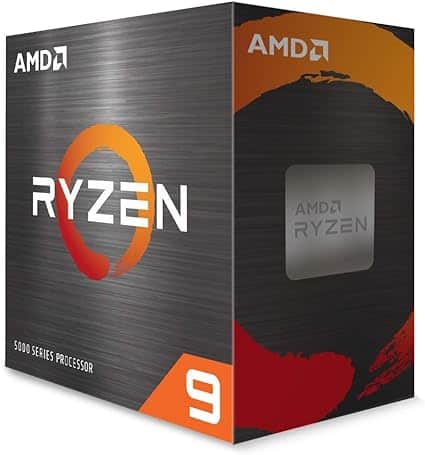
AMD Ryzen 9 5900X
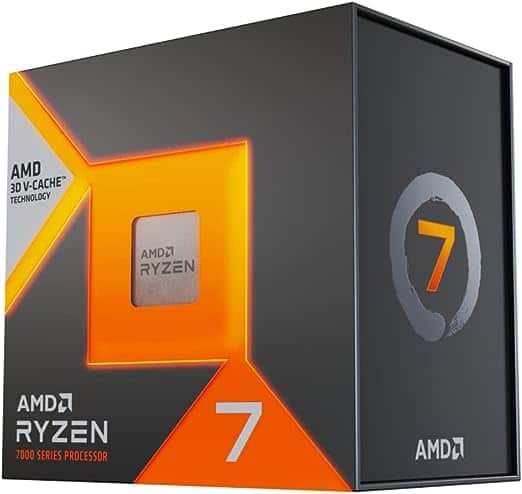
AMD Ryzen 7 7800X3D
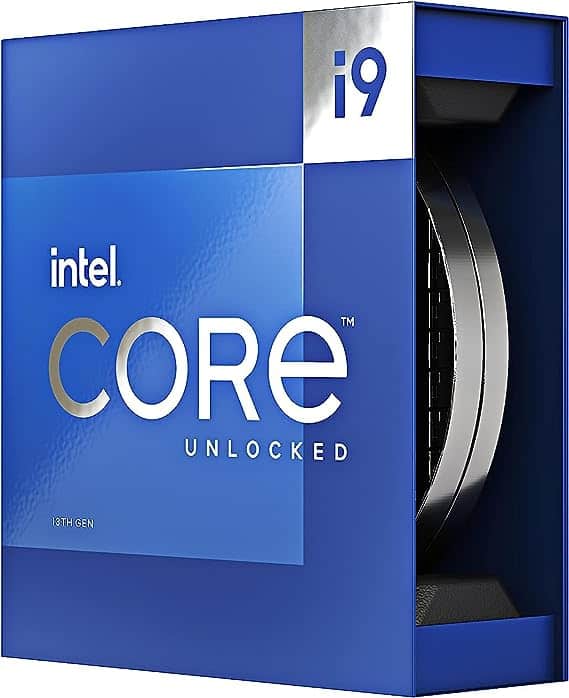
Intel Core i9-13900K
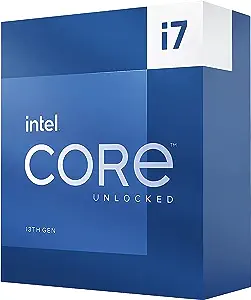
Intel Core i7-13700K

